The Controversy Unfolds
The recent incident involving popular Nigerian skit maker Brain Jotter and legendary highlife musician Mike Ejeagha has stirred considerable controversy. The heart of the matter lies in Brain Jotter's use of Ejeagha's viral song 'Gwo Gwo Gwo Ngwo' in his skits. Following the viral success of the skits, Brain Jotter gave Ejeagha a sum of N2 million. However, this gesture, which many might see as generous, has been heavily criticized by a Nigerian lawyer.
Legal Advice and Criticism
The lawyer, whose identity has not been disclosed, advises Ejeagha to seek legal action against Brain Jotter, arguing that the N2 million is far from adequate compensation for the song's use. According to the lawyer, Brain Jotter should have sought proper permission and negotiated fair compensation before using the song in his skits. The lawyer's point raises a crucial issue regarding the rights of artists to their creative works and the necessity for proper agreements when such works are used commercially.
Intellectual Property Rights
The controversy brings to light the broader issue of intellectual property rights in the Nigerian entertainment industry. Intellectual property laws are designed to protect creators by ensuring they receive recognition and financial recompense for their work. However, enforcement of these laws can often be challenging, particularly in industries where informal agreements are common. In this case, it appears that Brain Jotter used Ejeagha's song without a formal agreement, which is why the lawyer believes Ejeagha should take legal action.
Implications for the Industry
This incident could have significant implications for the Nigerian music and entertainment industries. If Ejeagha decides to pursue legal action, it could set a precedent for how copyright laws are enforced in the future. It might lead to more stringent measures to protect artists' rights and ensure they receive fair compensation for their work. This could be a positive step for the industry, encouraging more respect for creative works and promoting a culture of fairness and transparency.
Artists' Perspectives
The issue has sparked debate among artists and fans alike. Many artists feel that the current system does not adequately protect their rights or provide fair compensation for their work. They argue that incidents like this one highlight the need for stronger enforcement of copyright laws and better support for artists' rights. On the other hand, some fans believe that Brain Jotter's gesture was a genuine attempt to acknowledge Ejeagha's work, even if it fell short of what the song truly deserves.
Financial Value of Music
Determining the financial value of a piece of music can be complex. Factors like the song's popularity, its use in commercial ventures, and its cultural significance all play a role. In the case of 'Gwo Gwo Gwo Ngwo', the song's viral success undoubtedly adds to its value, suggesting that Ejeagha might indeed deserve more compensation. This highlights the importance of proper negotiations and agreements when using someone else's creative work commercially.
Future Outcomes
As the controversy continues, it remains to be seen what actions will be taken. If Ejeagha decides to sue, it could lead to a landmark case in the Nigerian entertainment industry. It might also prompt other artists to seek legal redress when their works are used without proper compensation. Alternatively, it could encourage better collaboration and more respect for intellectual property rights among creators and producers.
Conclusion
This incident underscores the importance of respecting intellectual property rights and ensuring fair compensation for artists. It serves as a reminder that while informal agreements and gestures of goodwill are valuable, they might not always suffice when it comes to protecting creators' rights. As the Nigerian entertainment industry continues to grow and evolve, these issues will undoubtedly remain at the forefront, shaping the future of the industry and the rights of the artists who make it so vibrant and successful.

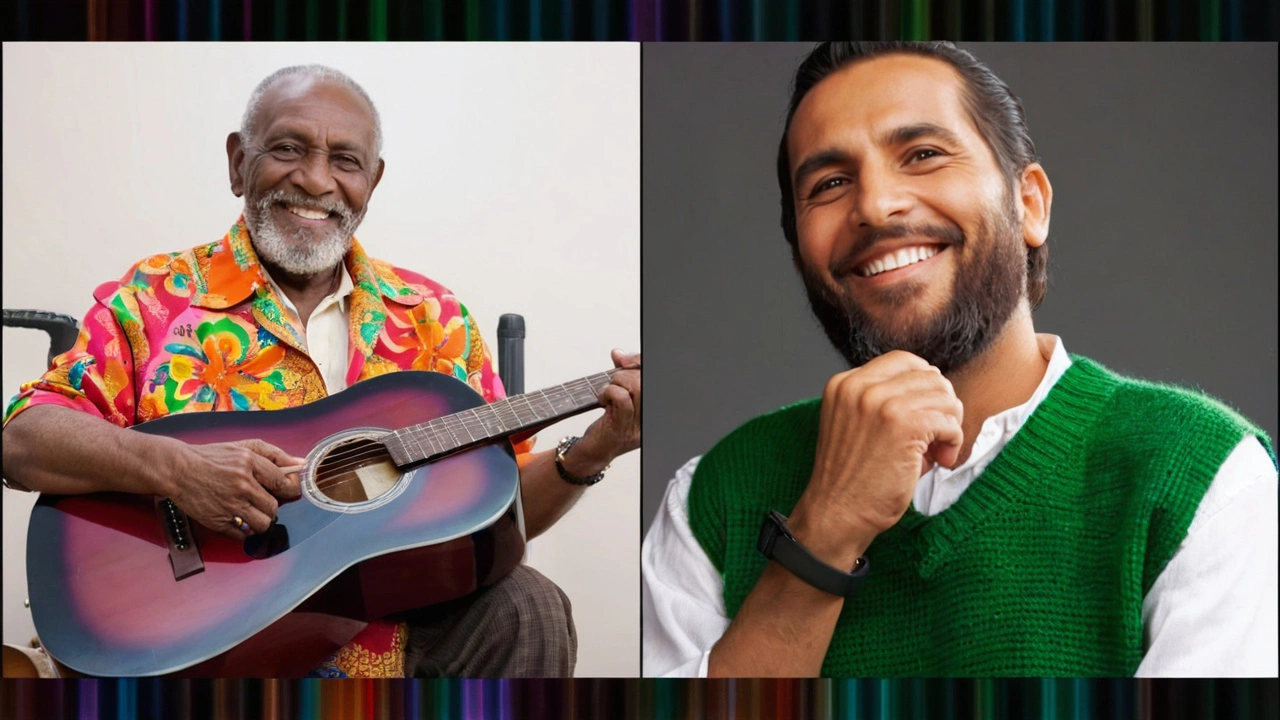
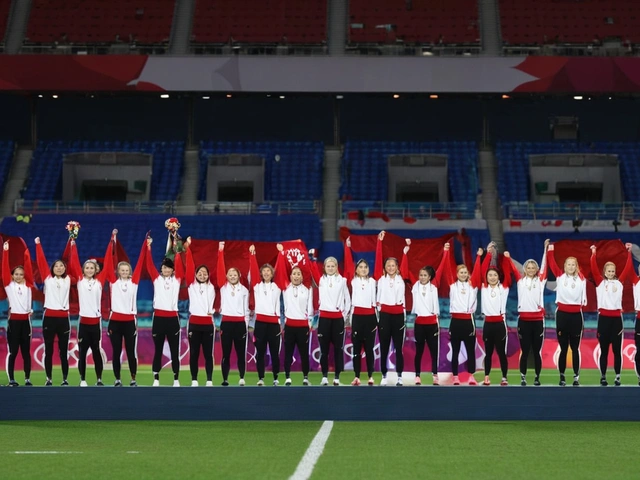
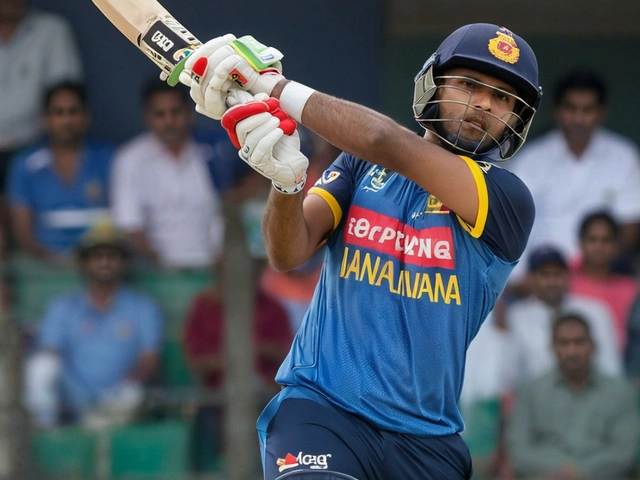
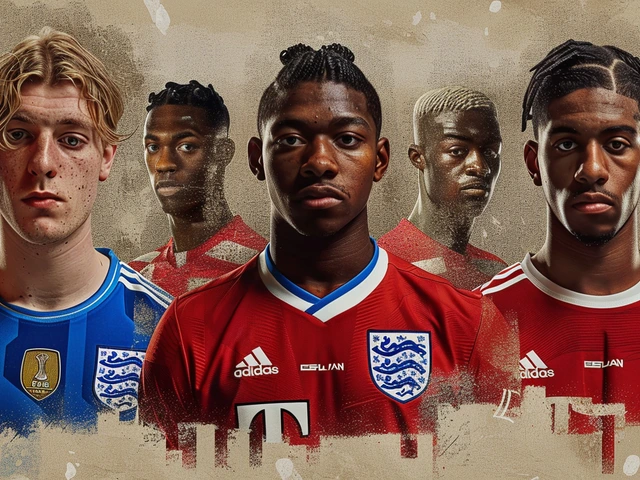
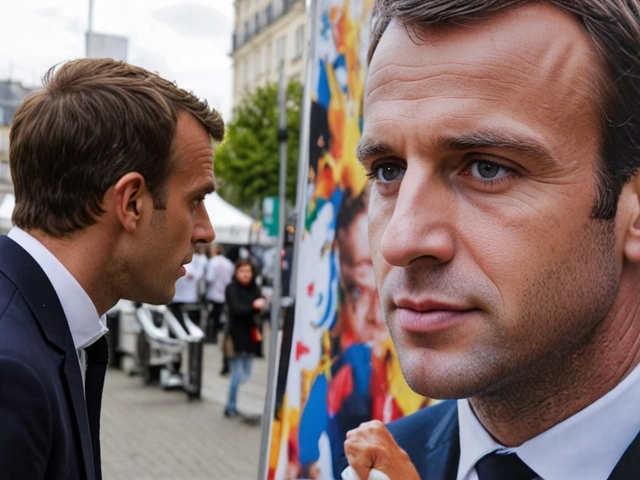
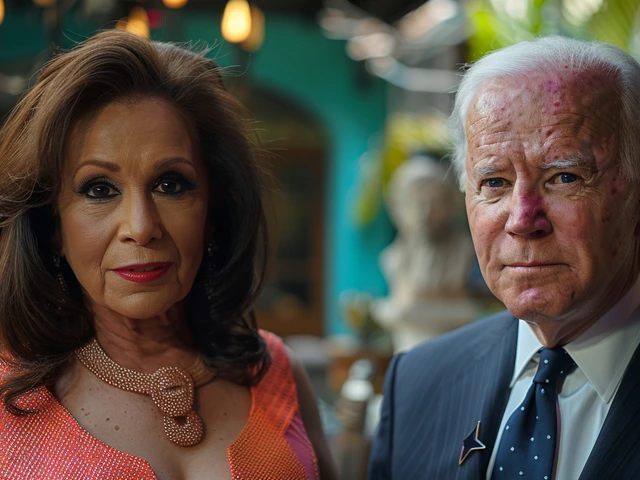

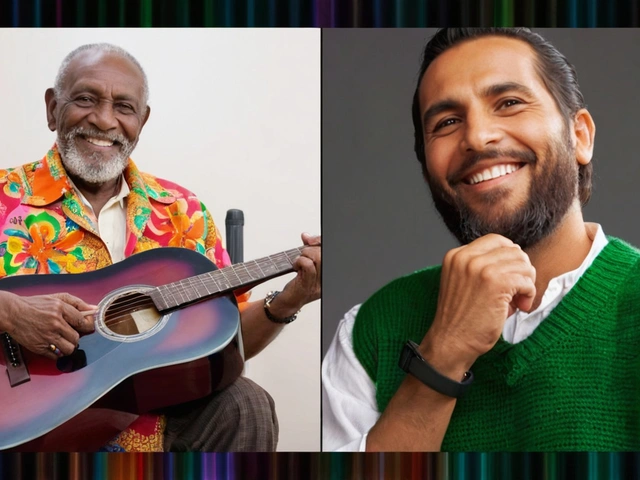
Anuj Panchal
July 23, 2024 AT 01:04The statutory regime for copyright in Nigeria is codified in the Copyright Act of 2004, wherein Section 2 delineates the exclusive rights of authors over the reproduction, distribution, and public communication of their works.
Derivative creations such as skits that incorporate a pre‑existing musical composition trigger the need for a licence under Section 17, which mandates consent from the copyright holder before any exploitation.
Consequently, any remuneration that falls short of market valuation may constitute an inadequate fulfillment of the statutory licence fee.
Prakashchander Bhatt
July 27, 2024 AT 16:10It's heartening to see creators stepping up to acknowledge the pioneers of our musical heritage, even if the numbers might not fully mirror the cultural impact.
Such gestures, when paired with transparent negotiations, can pave the way for a more collaborative ecosystem where respect and remuneration go hand in hand.
Mala Strahle
August 1, 2024 AT 07:17When we examine the tapestry of cultural production, each thread represents not merely an artistic output but a collective memory woven into the societal fabric.
The act of repurposing this melody within modern skits introduces a dialogue between the past and present, a conversation that demands ethical stewardship.
Intellectual property law, in its essence, is not a mere bureaucratic hurdle but a conduit for honoring the creator's contribution.
Yet, the financial quantification of art remains an elusive endeavor, subject to market dynamics, cultural significance, and the scope of exploitation.
In this case, the N2 million offered, though seemingly generous, may not encapsulate the full commercial potential harnessed by viral dissemination.
Legal counsel urging litigation underscores a fundamental principle: that creators deserve compensation commensurate with the value extracted from their work.
Moreover, setting a precedent where informal gestures replace formal agreements could erode the protective scaffolding that intellectual property seeks to provide.
Artists across the continent watch such disputes keenly, interpreting outcomes as signals for future negotiations.
Should Ejeagha pursue legal recourse, the judiciary will be tasked with balancing equitable remuneration against the realities of digital virality.
Additionally, this scenario spotlights the necessity for education among content creators regarding licensing protocols.
A proactive approach, involving clear contracts before any public deployment, can preempt misunderstandings and foster mutual respect.
The industry stands at a crossroads where tradition meets innovation, and the choices made now will reverberate for years to come.
While goodwill gestures are commendable, they must be buttressed by contractual rigor to safeguard artistic rights.
Ultimately, the harmonious coexistence of skit makers and musicians hinges on transparent collaboration, equitable compensation, and reverence for the cultural legacy each party upholds.
This synthesis of respect and legality will ensure that the vibrancy of our creative landscape continues to thrive.
shubham garg
August 5, 2024 AT 22:24Nice breakdown! Basically, if you use someone's song, you gotta get permission and pay fairly.
LEO MOTTA ESCRITOR
August 10, 2024 AT 13:30Exactly, a little more talk and clear deals can turn good vibes into lasting partnerships.
Sonia Singh
August 15, 2024 AT 04:37Seeing the community rally around this shows how much we value our elders and their music.
Ashutosh Bilange
August 19, 2024 AT 19:44Yo, everyone actin like this is new-anyone even read the copyright act? It’s plain as day, bro.
Kaushal Skngh
August 24, 2024 AT 10:50Fair pay is a must.
Harshit Gupta
August 29, 2024 AT 01:57The push for proper compensation isn’t just about money; it’s a matter of national pride, a stand that says Nigerian art will no longer be cheapened by half‑hearted gestures.
HarDeep Randhawa
September 2, 2024 AT 17:04Indeed!!!; the cultural heritage demands respect; without proper remuneration, we undermine our own legacy!!!
Nivedita Shukla
September 7, 2024 AT 08:10In the theater of fame, the echo of a single note can become a chorus of injustice if the stage is not set with equity.
Rahul Chavhan
September 11, 2024 AT 23:17So basically, we need clear contracts before the skits go live to keep everything fair.
Joseph Prakash
September 16, 2024 AT 14:24Exactly 😊 contracts keep the vibe good and the money right
Arun 3D Creators
September 21, 2024 AT 05:30Artistry without respect is a hollow shell.
RAVINDRA HARBALA
September 25, 2024 AT 20:37The market dictates value; ignoring that data leads to misguided generosity.
Vipul Kumar
September 30, 2024 AT 11:44While data provides a baseline, we must also consider the cultural weight a song carries beyond mere numbers, ensuring that creators feel truly honored.
Priyanka Ambardar
October 5, 2024 AT 02:50Agreed 😤; honor the creators, or we lose our soul.